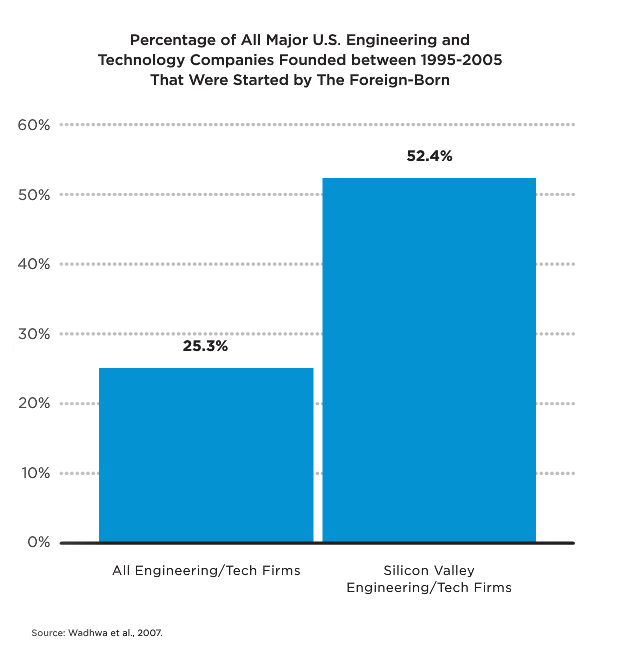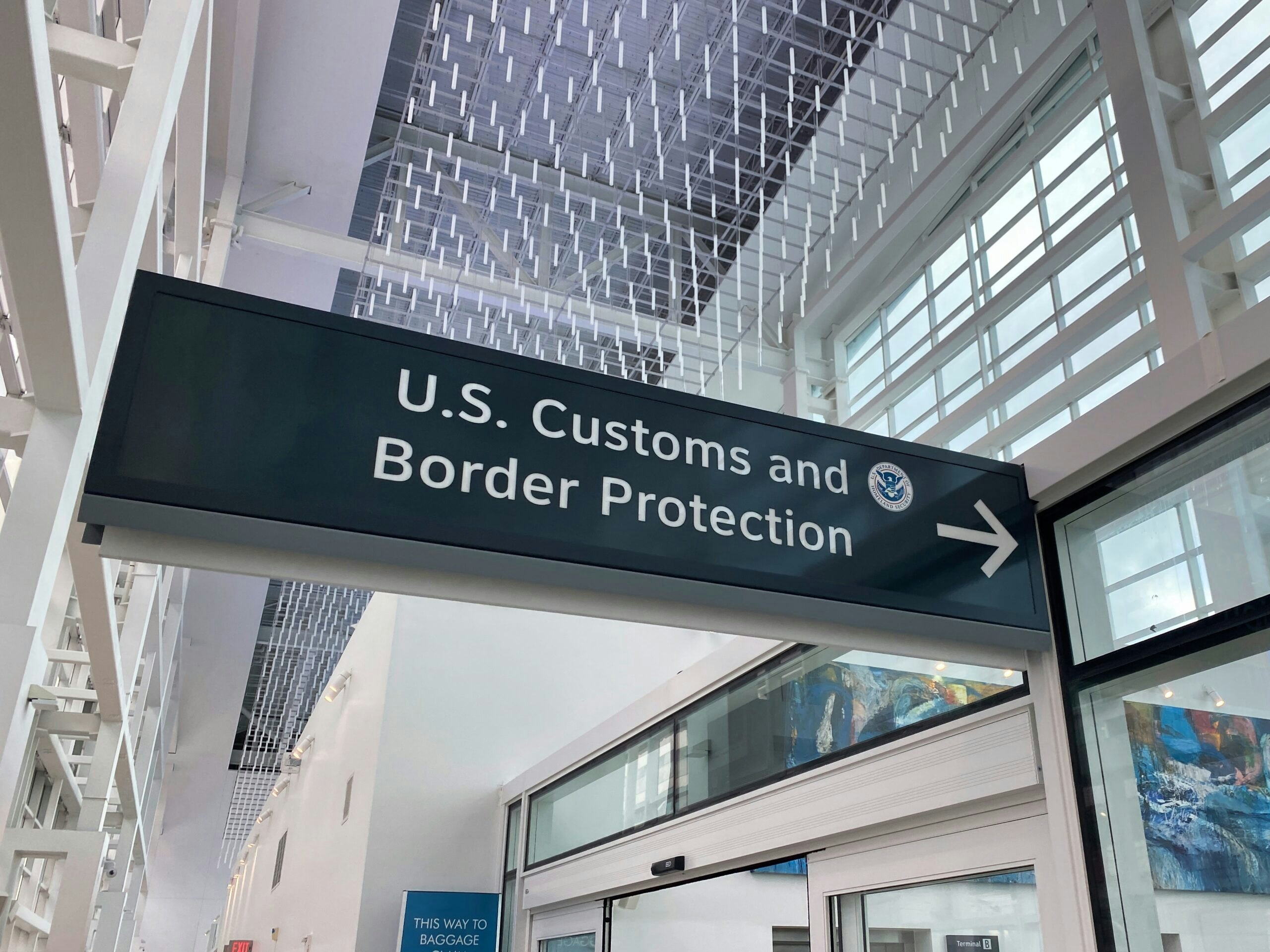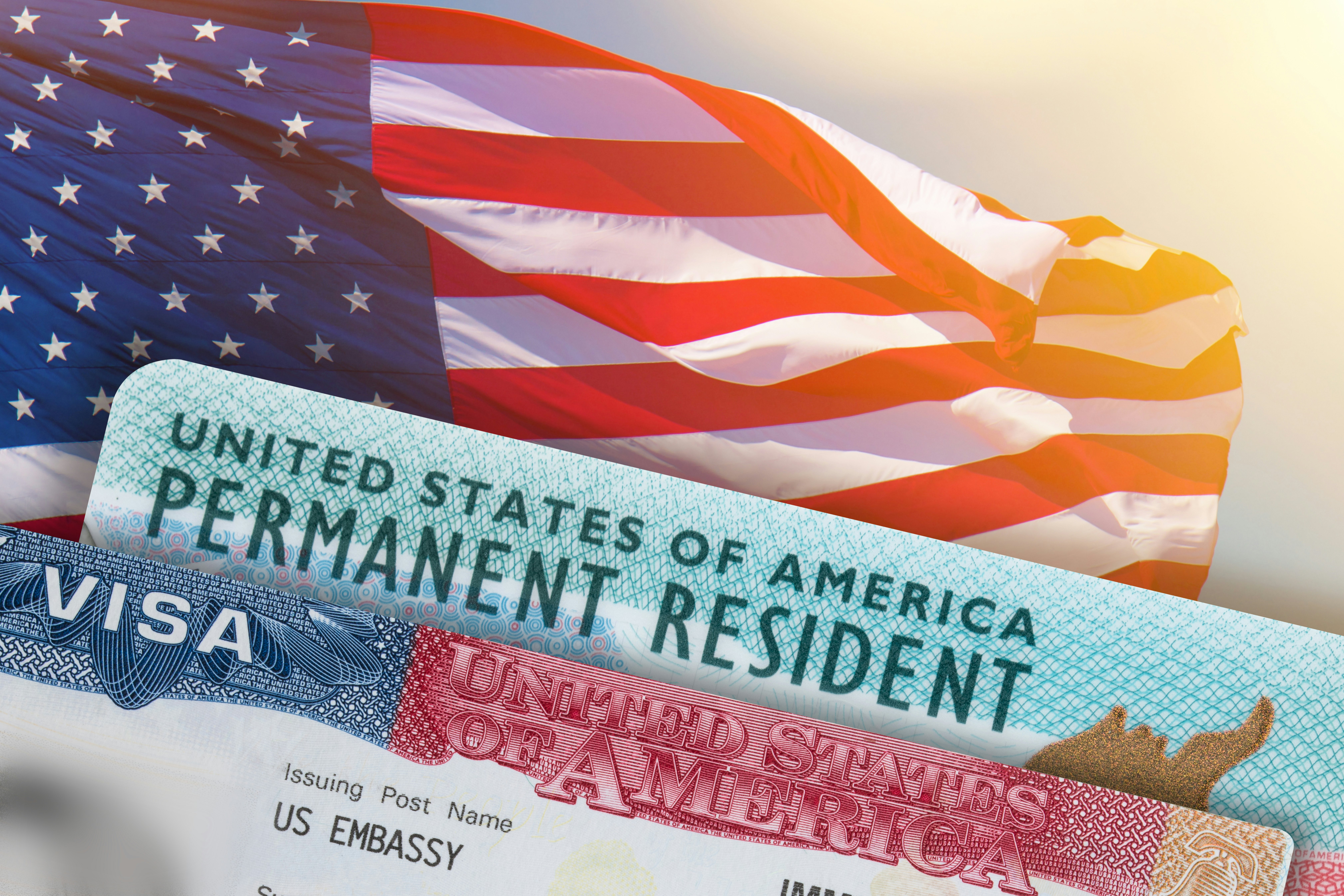Economists widely agree that productivity advances are the key driver of economic growth. So, considering America’s slow overall economic...
Economists widely agree that productivity advances are the key driver of economic growth. So, considering America’s slow overall economic growth in recent years, it comes as little surprise to learn that productivity growth has also been sluggish.
In a recent Op-Ed for the Wall Street Journal, Nobel Laureate Edward Prescott and the economist Lee Ohanian give the numbers, and they are concerning. Since 2011, the productivity of U.S. workers has increased only 1.1% on average per year. To put that in perspective, since the end of World War II, U.S. worker productivity has increased at an average rate of 2.5% per year – double the rate that we’ve seen in recent years.
The drop in productivity growth is alarming primarily because of its implications for overall U.S. economic growth. Prescott and Ohanian write that if current productivity growth rates were to persist for a decade, “then U.S. living standards will only increase by about 12% between now and 2024 instead of 28% at the historical rate.” Even if productivity growth does rebound to its historical level, the economists warn that much damage has already been done to the economy, estimating that the existing shortfall in productivity growth has permanently depressed U.S. GDP “by about 8% or more relative to trend.”
If the U.S. is ever to achieve 4% economic growth on a sustained basis, boosting productivity growth clearly must be a top priority. Prescott and Ohanian offer a number of policy reforms, one of them being immigration reform. They call immigration reform “the biggest free lunch facing policy makers,” and correctly point out that immigrants tend to be especially good innovators. In last week’s post I shared data that shows immigrants are disproportionately responsible for U.S. patents and publications. This week, Prescott and Ohanian point out that immigrants have contributed much to the development of America’s high-tech industry. The chart below shows that for the period 1995-2005, more than a quarter of America’s most successful high-tech firms were founded or co-founded by an immigrant. Even more impressive, immigrants helped start more than half of the most successful high-tech firms in Silicon Valley over that same period.

Unfortunately current immigration laws greatly restrict the potential that immigrant innovators represent. The situation is so desperate, Prescott and Ohanian write, that “Silicon Valley-based startup incubator Blueseed plans to launch a cruise ship next year to be docked 12 miles off of San Francisco in international waters so immigrants can start businesses without needing residency.” While this certainly is a novel innovation itself, the U.S. would do itself a big favor by fixing its broken immigration system in the first place. Doing so would be one major step toward restoring the productivity growth our country so desperately needs to achieve faster economic growth. There are many other pieces to the growth puzzle, but immigration reform is a great place to start.


























